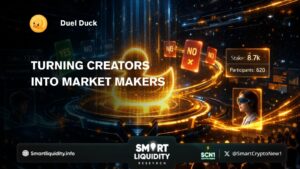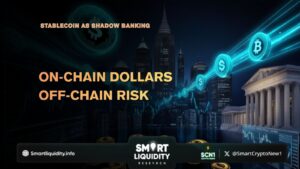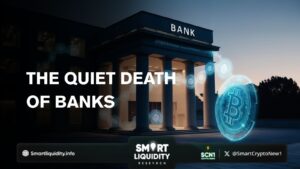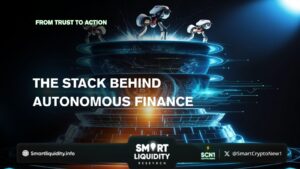How Blockchain Lets Gamers Earn Real Value


How Blockchain Lets Gamers Earn Real Value! In recent years, the gaming industry has seen a paradigm shift with the advent of blockchain technology. Traditionally, gamers invest time and money into games, earning in-game rewards with no real-world value.
Blockchain is changing this landscape by enabling players to earn tangible, real-world value from gaming activities. This transformation is powered by decentralized technologies, which bring transparency, security, and true ownership to the digital realm. Here’s how blockchain is revolutionizing the gaming industry and empowering gamers to earn real value.
True Ownership of Digital Assets
One of the most significant impacts of blockchain technology on gaming is the concept of true ownership. In traditional games, in-game assets such as skins, weapons, or characters are owned and controlled by the game developers. Players may spend money and time to acquire these items, but they do not truly own them. Blockchain changes this by tokenizing in-game assets as non-fungible tokens (NFTs).
NFTs are unique digital assets stored on a blockchain, providing verifiable ownership and scarcity. This means that when players acquire an in-game item, they truly own it and can trade or sell it on various marketplaces, often for cryptocurrency, which can be converted into real-world money.
Play-to-Earn Models
Blockchain gaming introduces the play-to-earn (P2E) model, where gamers can earn cryptocurrency or NFTs by playing games. Unlike traditional games where rewards are often limited to in-game currency or items, P2E games offer rewards that have real-world value. For example, players can earn tokens that can be traded on decentralized exchanges or used within the game’s ecosystem.
Games like Axie Infinity, Decentraland, and The Sandbox have pioneered this model, allowing players to earn a living by participating in their virtual worlds. This model not only incentivizes gaming but also provides financial opportunities, particularly in regions with limited economic prospects.
Decentralized Marketplaces
Blockchain technology facilitates decentralized marketplaces where players can trade their in-game assets freely without the need for intermediaries. These marketplaces are powered by smart contracts, which are self-executing contracts with the terms of the agreement directly written into code.
Smart contracts ensure that transactions are secure, transparent, and automated. This eliminates the risk of fraud and reduces transaction fees, enabling gamers to maximize their earnings. Decentralized marketplaces also provide liquidity to digital assets, making it easier for players to buy and sell items.
Interoperability Between Games
Another revolutionary aspect of blockchain in gaming is interoperability. In traditional gaming ecosystems, assets are usually confined to a single game. However, blockchain enables interoperability, allowing assets to be used across different games and platforms.
For instance, an NFT acquired in one game can be utilized in another, creating a seamless experience for players and adding value to their assets. This cross-game utility enhances the overall gaming experience and provides more opportunities for players to earn real value.
Community-Driven Development
Blockchain gaming promotes community-driven development, where players have a say in the game’s evolution. Decentralized Autonomous Organizations (DAOs) are often used in blockchain games to give players voting rights on important decisions such as game updates, economic policies, and governance.
By involving the community in decision-making processes, blockchain games align the interests of developers and players. This democratic approach ensures that the game evolves in a way that benefits all stakeholders, fostering a more engaged and invested player base.
In Summary
Blockchain technology is transforming the gaming industry by allowing players to earn real value from their gaming activities. Through true ownership of digital assets, play-to-earn models, decentralized marketplaces, interoperability, and community-driven development, gamers are empowered like never before. As blockchain continues to evolve, it is poised to bring even more innovative opportunities to the gaming world, making it an exciting time for both developers and players.
Embrace the future of gaming with blockchain and unlock the potential to earn real value from your passion. The game has truly changed, and the players are now in control.




